As we shrug off the glum winter weather, the ECI team share what they’ll be settling down with this Easter weekend:
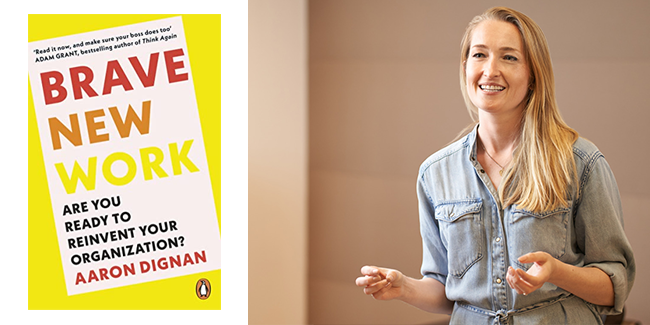
Fiona Moore
Brave New Work, by Aaron Dignan
The premise of Dignan’s book is that modern organisations are drowning in process and bureaucracy, and that it’s preventing people from doing the best work of our lives. Dignan, who runs an organisational transformation consultancy, highlights how leadership teams can empower those around them to be more productive, make information more accessible so we don’t find ourselves overwhelmed by noise, and to limit low-value activities, such as reducing the number of email and meetings that aren’t adding to our outputs. It is all about how we think about the people in our organisations, what motivates them and how can we better leverage their knowledge and creativity. Some of the suggestions in the book could be perceived as radical, but I think for any organisation there will be some valuable ideas to challenge the status quo and look to add pace and make people’s jobs more rewarding. If that sounds appealing, please do reach out as I have a summary of the book I can share, as I kept finding myself taking notes!
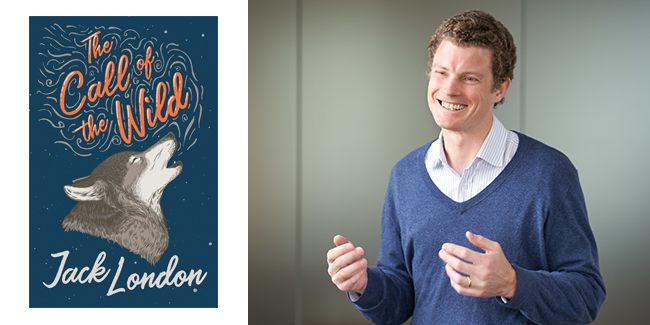
George Moss
Call of the Wild, by Jack London
I bought Call of the Wild for my kids, as part of a recent outdoorsy adventure trip with one of them, but in the end, it was me who picked it up, as it was the perfect setting for reacquainting myself with it. It is mainly set in the Yukon in Canada during the Klondike Gold Rush of the 1890s and tells the tale of a dog who is stolen from his owner in the southern US and put to work in a dog team in the frozen north. The book, which shows the dog’s experiences as he passes through a series of owners, provides an interesting take on the highs and lows of humanity and explores the themes of resilience and adaptability. Despite not being for me, I found it to be a very interesting and enjoyable read. I can see why it is considered a bit of a classic.
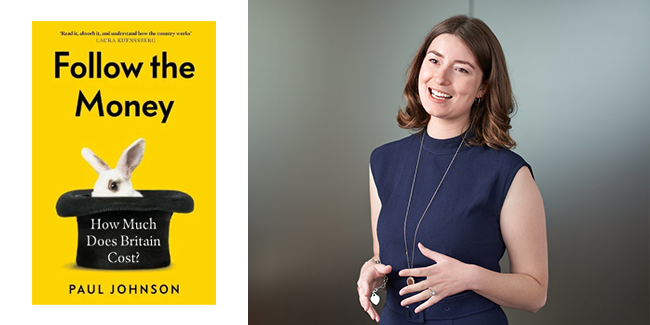
Skyler ver Bruggen
Follow the Money, by Paul Johnson
Paul Johnson is probably one of the best placed people to write a forensic study of the UK economy, as the director of the Institute for Fiscal studies. He looks at where the UK government revenues come from and what choices the government makes with how to spend them, and why those decisions so often go wrong. From the origins of taxation to Kwasi Karteng’s mini-budget, this is a great explainer as to why the country works the way it does and how these decisions dramatically affect us all. I picked up the book because I wanted to cut through the news and get (close to) an objective assessment of the UK tax system, while also being topically well informed enough to win a few arguments in the pub! Johnson’s enthusiastically critical style makes it an easy read, but much of the power comes from timing – leave it too late to read this book and our economic landscape will have moved on. As for its help in winning arguments, I haven’t tried any yet but will let you know how I get on.
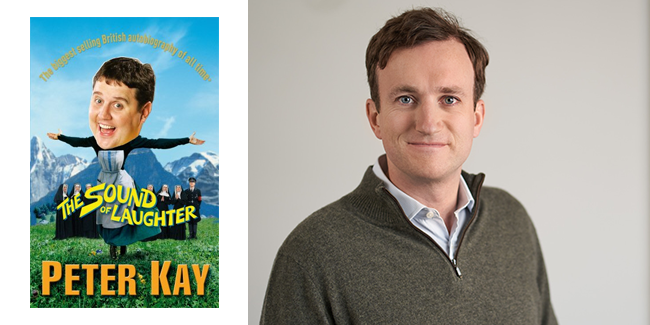
Toby Fitzherbert
The Sound of Laughter, by Peter Kay
I recently went to watch the long-awaited return of Peter Kay on his new live tour and he didn’t disappoint, especially with some new “misheard lyrics”. Having read his autobiography a number of years ago, I decided to pick it up again and it is just a brilliant light-hearted read. The book is full of humour and nostalgia, as he takes us on a journey throughout his childhood all the way up until he gets his first break in comedy. He tells stories about family life, mischief at school and his first few job experiences. It’s an extremely easy read and will keep you amused throughout, so well worth picking up if you need a laugh!
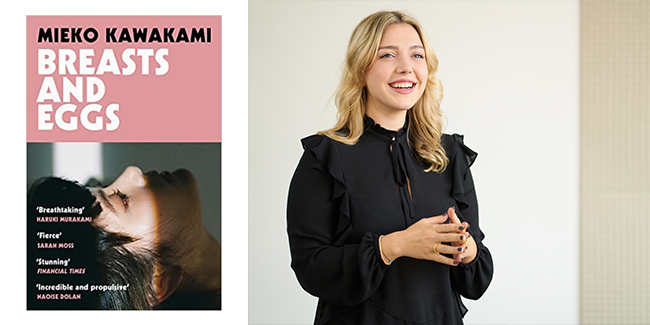
Mia Smith
Breasts and Eggs, by Mieko Kawakami
I’ll embarrassingly admit that the pretty pink cover is what really drew me to this book. Having now read it, I can say that “Breasts and Eggs” is far more than just a pretty face – it is a charming, sometimes harrowing, contemplation of womanhood in modern day Japan. The narratorial voice of Natsuko Natsume, a single author desperate to become a mother, is juxtaposed against her sister Midoriko, a hostess contemplating breast implants, as the pair navigate life in Tokyo and Osaka. The difference in their two characters makes for several funny moments, but also enables the novel to grapple with the ideas of bodily autonomy, ageing and maternal relationships in a way that is both thoughtful and light-hearted. Kawakami’s prose style is so enjoyable to read, and I felt completely attached to the characters by the time I came to the end. Even if the themes of the book don’t immediately pique your interest, I’d still recommend “Breast and Eggs” as a fun page turner.

